Houston’s growth and evolution are not just stories of industrial expansion or economic prowess but also of the remarkable women who shaped its cultural, social, and political identity. From early activists and educators to trailblazers in business and government, women have left a lasting impact on the city. This article delves into the contributions of Houston’s influential women and how their efforts continue to shape the future.
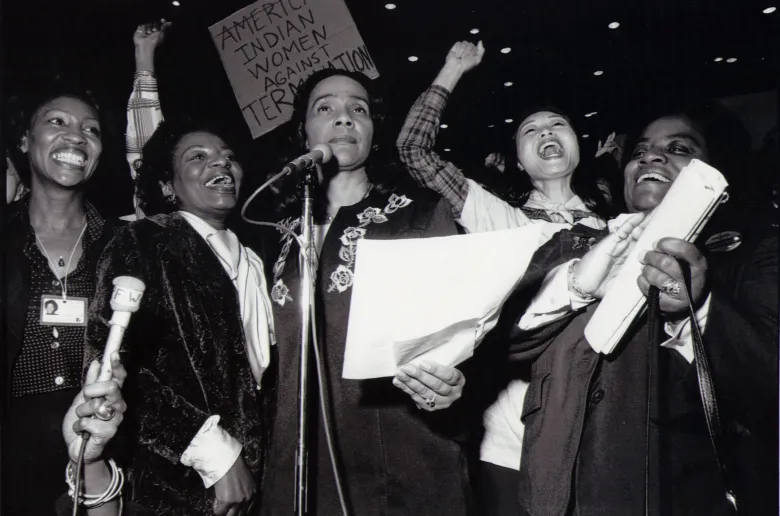
Pioneering Women: The Early Days of Advocacy
Houston’s history is marked by the efforts of women activists who championed education, healthcare, and social justice in the city’s early years. One such figure was Jane Harris, a widow who helped establish Houston’s first public school system in the 1800s. Her dedication to education laid the groundwork for future generations, ensuring access to learning for all children.
In the early 1900s, Annette Finnigan emerged as a leading advocate for women’s suffrage in Texas. She organized rallies, petitioned lawmakers, and played a critical role in securing women’s right to vote in the state. Finnigan’s passion for equality inspired others to pursue civil rights causes, cementing her legacy as a pioneer for gender equality.
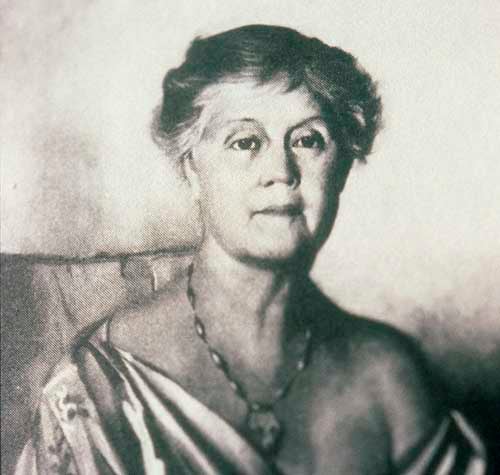
The Impact of Women in Business and Industry
Houston’s business landscape was also shaped by determined women who broke barriers in male-dominated industries. One notable example is Oveta Culp Hobby, the first woman to serve as Secretary of Health, Education, and Welfare. Hobby was also a key figure in journalism, establishing the Houston Post as one of the city’s leading newspapers and setting a standard for high-quality reporting.
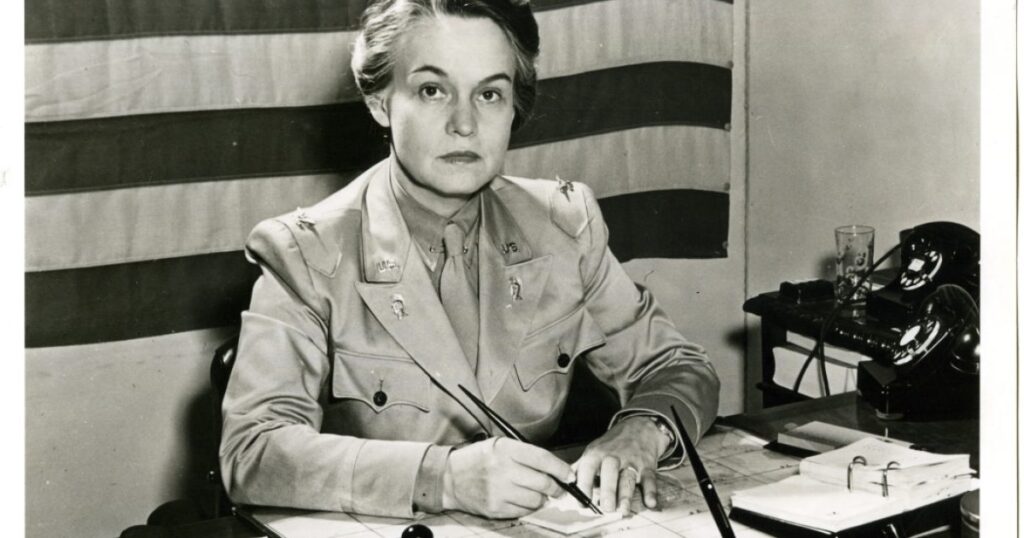
In addition, women entrepreneurs like Nina Vance helped transform Houston’s cultural scene. Vance founded the Alley Theatre in 1947, which became one of the most prestigious regional theaters in the U.S. Her work not only enriched the city’s cultural offerings but also paved the way for more women to take on leadership roles in the arts.
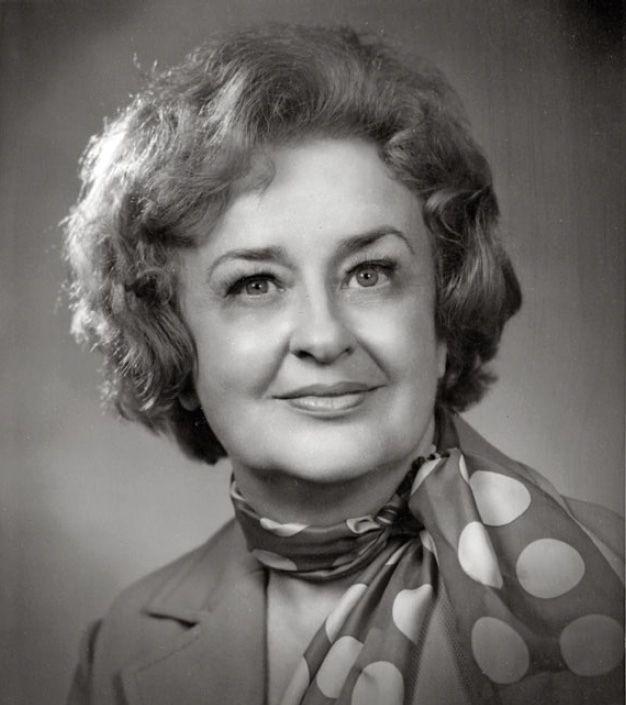
Women in Politics: Shaping Houston’s Governance
Houston’s political sphere has been shaped by the contributions of women who fought for representation and progressive policies. Kathy Whitmire, elected as the city’s first female mayor in 1982, was instrumental in implementing financial reforms and fostering greater inclusion. Whitmire’s tenure marked a shift toward more equitable governance and inspired other women to seek public office.

Similarly, Barbara Jordan, a trailblazing lawyer and politician, became the first African American woman from the South to serve in the U.S. Congress. Her eloquence and dedication to justice earned her national recognition and made her a symbol of integrity in politics. Jordan’s legacy continues to inspire generations of women leaders in Houston and beyond.
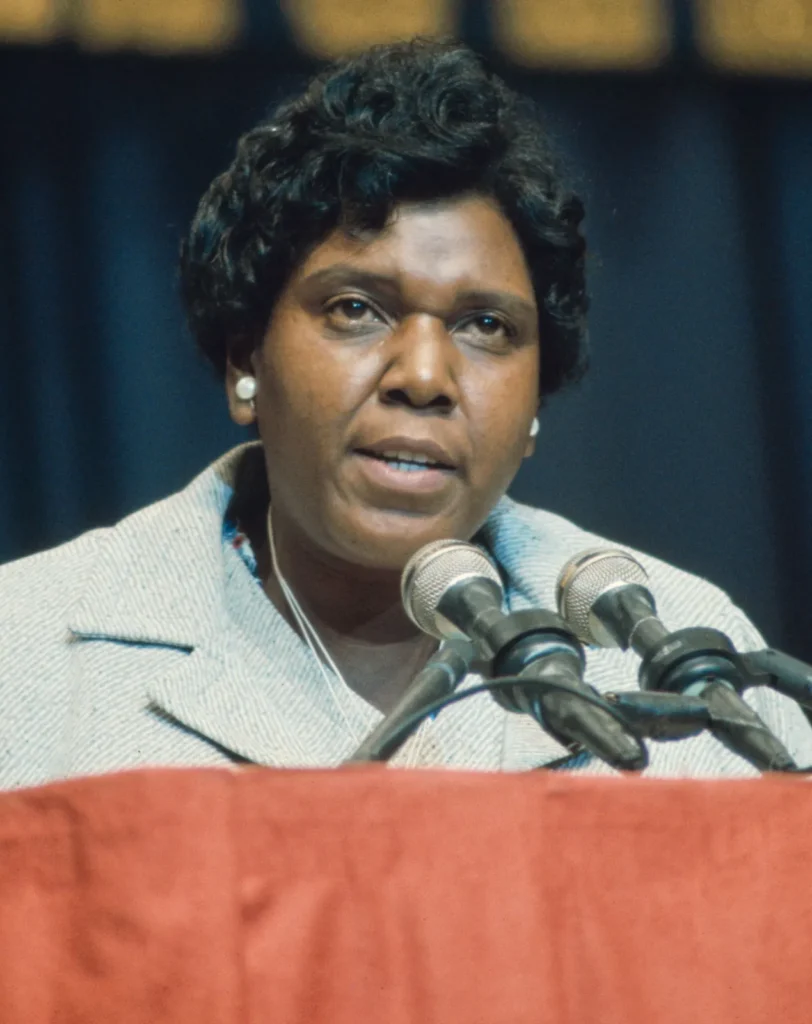
Cultural Impact: Women in Arts and Education
Women have also played a pivotal role in shaping Houston’s cultural and educational identity. Dominique de Menil, a philanthropist and art collector, established the Menil Collection, which remains a significant cultural institution in Houston. Her commitment to the arts fostered an appreciation for diverse cultures and artistic expression in the city.
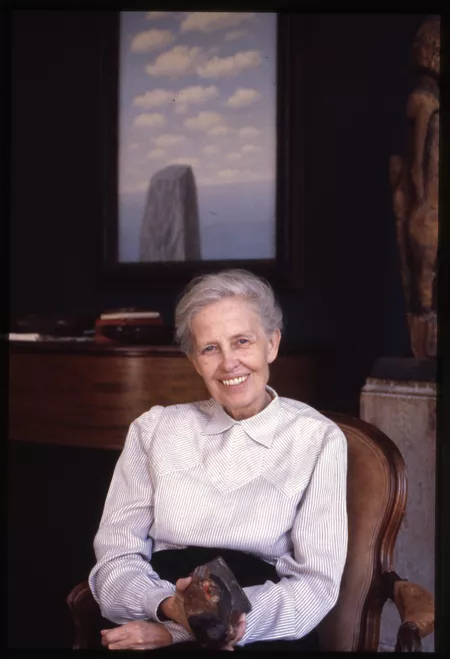
In education, women like Ruth Simmons, the first African American president of an Ivy League university, contributed to expanding educational opportunities in Houston. Simmons’ influence continues through her work at Prairie View A&M University, where she fosters leadership and academic excellence among students.
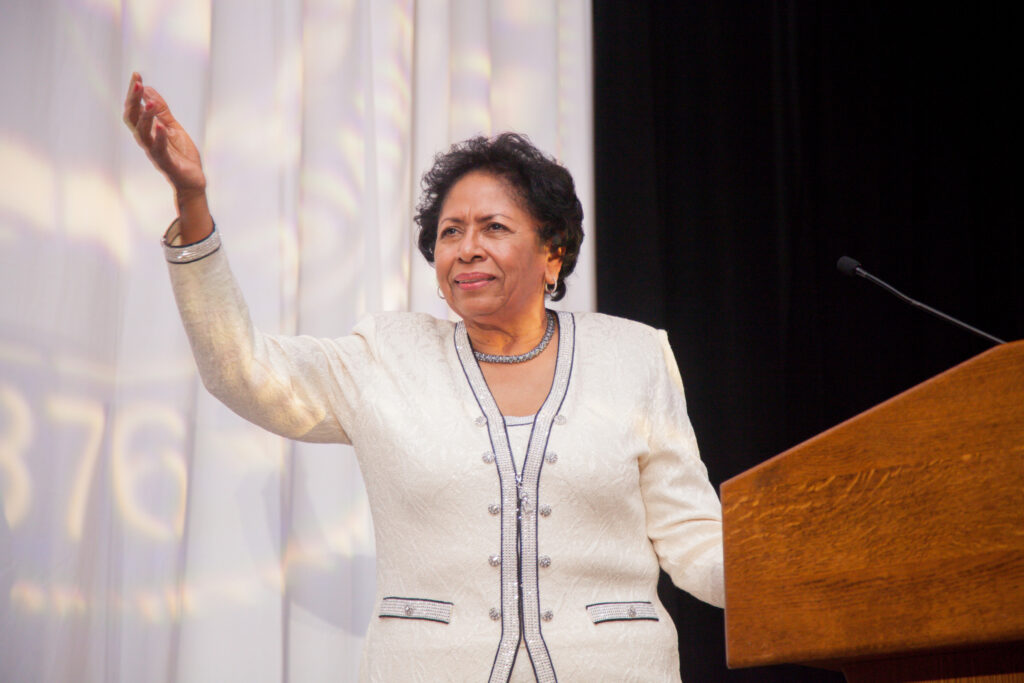
Looking Forward: The Legacy of Houston’s Women
The contributions of Houston’s women extend across multiple generations and industries, creating a ripple effect that continues to shape the city. Their dedication to education, advocacy, business, and politics has laid the foundation for a more inclusive and dynamic Houston. As new challenges arise, future generations will undoubtedly build upon the work of these trailblazing women.
With the increasing number of women leading in business, government, and community organizations today, Houston’s future shines bright with opportunity and diversity. Their stories remind us that the progress made in the past fuels the ambitions of tomorrow’s leaders.